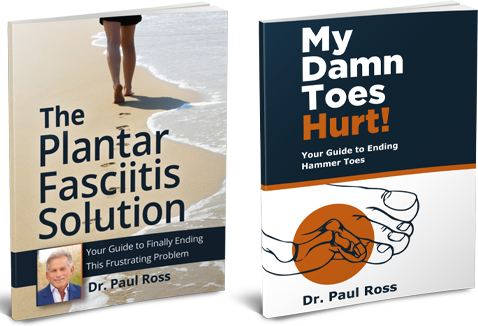 Athletes’ feet are exposed to many factors that increase their risk for a foot injury, including hard pavement, repetitive motions, and high-impact play. Depending on the type of sport, there may be a high risk for ankle sprains, stress fractures, or chronic heel pain. It is critical that athletes take measures to prevent injuries, such as wearing the correct shoes and increasing activity slowly. Our podiatrist in Bethesda provides more information below.
Athletes’ feet are exposed to many factors that increase their risk for a foot injury, including hard pavement, repetitive motions, and high-impact play. Depending on the type of sport, there may be a high risk for ankle sprains, stress fractures, or chronic heel pain. It is critical that athletes take measures to prevent injuries, such as wearing the correct shoes and increasing activity slowly. Our podiatrist in Bethesda provides more information below.
Types of Foot Injuries
The most common sports-related injuries include
- Ankle sprains. This is one of the most common sports-related injuries. If you believe you have a sprain, it’s important to be seen by our podiatrist immediately to make sure it’s not something more serious. It can be hard to tell a sprain from a fracture.
- Stress fractures. These tend to occur when you start a new sport or exercise plan, and are linked to improper shoes, hard pavement, or jumping in too quickly. Left untreated, a fracture can lead to chronic ankle instability, making it painful to play sports or run.
- Heel pain. Common for people that run or play sports on hard pavement, heel pain is generally caused by plantar fasciitis or nerve problems.
- Problems with the Achilles tendon. The Achilles tendon runs down the back of the leg. A sudden increase in repetitive, high-impact sports, can cause this tendon to become inflamed (Achilles tendonitis) and even degenerate (Achilles tendonosis).
What To Do After A Sports-Related Injury
While it may be difficult for an athlete to stay off their feet and avoid exercise, that is exactly what they should do after an injury to ensure proper healing. Immobilize the foot, rest, apply ice, and elevate the leg. Compression socks can also be worn to reduce pain as well. Do not return to regular activity until you are healed!
Preventing Injury
Wear proper shoes, stretch before exercising, ease into new sports or exercise regimens, and listen to your body. If you experience foot pain, take a rest and visit our podiatrist for an evaluation.
Contact Our Podiatrist in Bethesda Today To Learn More!
The information provided in this article is not meant to be medical advice and is for educational purposes only. If you would like to learn more about this and other topics related to podiatry, feel free to contact The Podiatry Center, with convenient podiatry offices located in Bethesda by calling 301.660.8225 or by clicking here.

